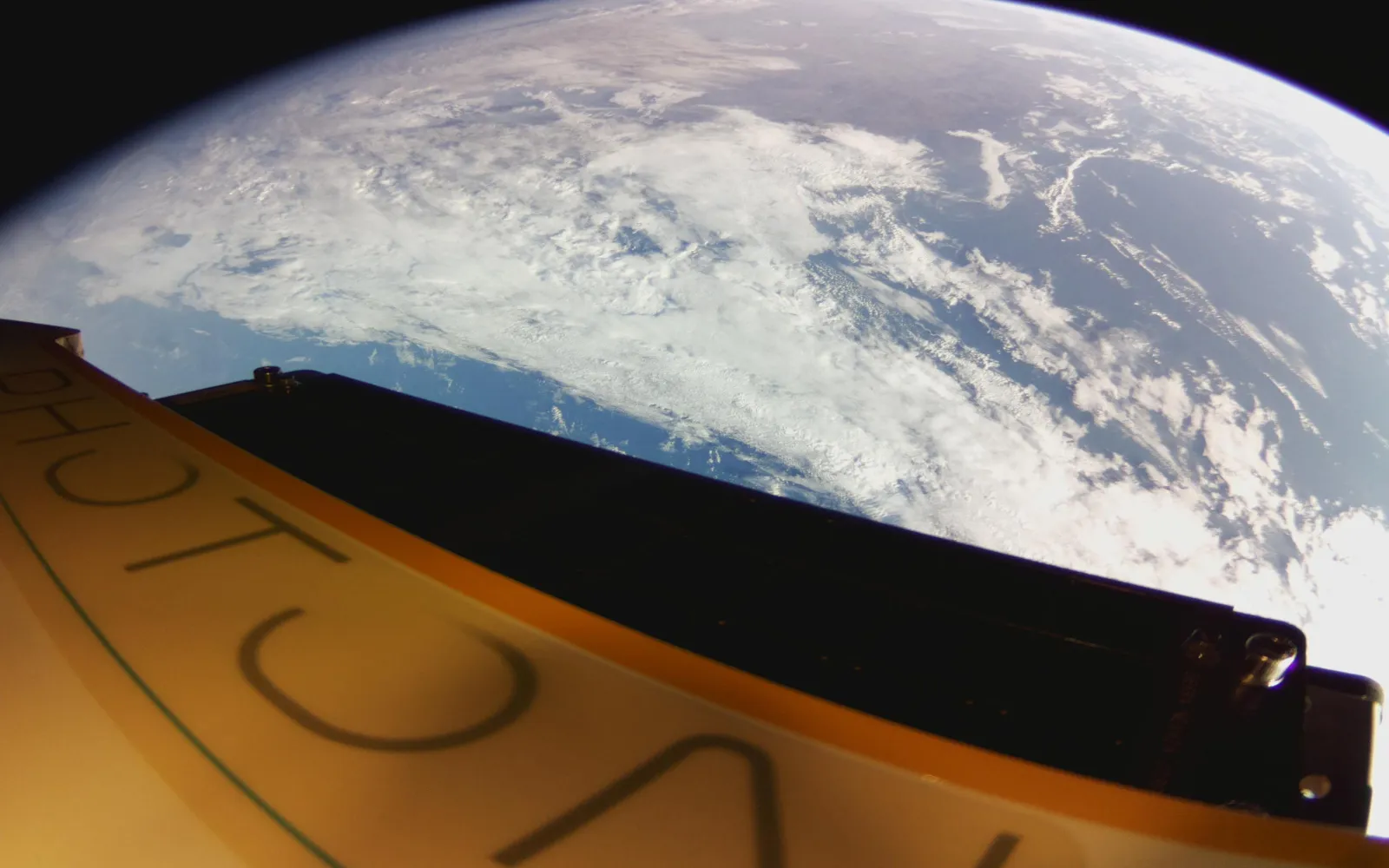

Rocket Lab
Opening access to space to improve life on Earth
When we first invested in Rocket Lab, we were excited by the idea that Earth’s orbital space – and beyond – could be routinely, reliably, and cost-effectively accessible to businesses of every size and entrepreneurs of every origin. With breakthrough innovations like a carbon-fiber rocket body, 3D printed engines and electric turbo pumps and many other industry firsts, Rocket Lab created a highly capable launch vehicle that is the easiest to manufacture, test and launch in the history of rocketry.
Rocket Lab is now one of only two commercial companies delivering regular access to orbit. In the four years since DCVC led an industry-defining round that enabled Rocket Labs’ march to commercial success, the company’s launch rate is unmatched — 97 satellites deployed across 16 orbital missions. And the future looks even more promising with customer demand continuing to grow at an impressive rate and missions booked to the Moon, Mars and Venus.
Today’s announcement that Rocket Lab plans to go public on Nasdaq through a business combination with Vector Acquisition Corporation is yet another important milestone as the company continues to democratize access to space. The deal will provide for approximately $750 million in proceeds at a pro forma enterprise value of $4.1 billion. With the deployment of a massive, industry-changing 8‑ton-capacity rocket, Neutron, accelerated by this financing, we expect Rocket Lab to continue to see success over the long term.
A great photo of the Rocket Lab Photon in orbit is above. It’s a reminder that Rocket Lab delivers results, not Powerpoint slides.
Chris Boshuizen
Since the first satellite was launched into orbit in 1958, space has been the domain of wealthy governments and multinational contractors that could afford the multi-billion dollar cost of every mission. Rocket Lab changes that math, using advances in computation and science – what we call Deep Tech – to reduce capital requirements, broaden access to space and bring us new insight into our planet. Rocket Lab has made building complex rockets a repeatable, industrial-scale process and without it, companies like Planet and Capella Space — both part of the DCVC portfolio — wouldn’t be able to easily and consistently deliver unprecedented insight into our planet to private citizens, small governments and private researchers, as well as the G8 governments.
“DCVC’s partnership over the past four years has been invaluable,” said Peter Beck, CEO and founder, Rocket Lab. “Whether providing a technical sounding board or a critical eye on the business, Matt and Chris have supported us at every turn. We’re happy to have the DCVC team alongside us as we take this next step.”
Working closely with Peter and the whole Rocket Lab team over the past few years, we’ve been fortunate to be able to play a role in making space more accessible. From increasing launch frequency to developing new satellites, working toward making Electron a reusable rocket and teaming with NASA for a mission to the moon, Rocket Lab has repeatedly proven that lower cost, reliable space flight is not only possible, it’s a reality. Today’s announcement is a testament to that hard work, and we’re happy to see another valuable DCVC company that improves the state of the world receive public market funding to continue is mission.
Rocket Lab is the fourth DCVC company to seek the public markets in the past three months. Upon the successful completion of this deal, it will join DCVC Bio company AbCellera, which debuted on Nasdaq in December, as well as Desktop Metal and Lucira Health. While fundamentally different, these companies share a Deep Tech foundation which we believe is crucial to their success. Deep Tech enables these companies to do things others can’t or won’t, and to do them faster, for less capital, with better economics for the constituencies they serve. For AbCellera, it means using sophisticated AI and advanced science to create therapeutic antibody treatments for diseases quickly – just 100 days in the case of COVID-19. And for Rocket Lab, it means leveraging new technologies to create cost-effective and reliable vehicles that open up a new ecosystem in space.
Deep Tech companies are often overshadowed by consumer investments with easy-to-understand business models and staggering valuations. But unlike the latest scooter or chat application, these companies have a substantive impact on our society, whether it is discovering new drugs to treat diseases, making physical security smarter, creating better and more planet-friendly materials or opening up space for essential discoveries on our planet and beyond. That’s why we at DCVC are so committed to supporting these companies as they tackle challenges across every industry that many have long thought unsolvable, and why we’re so invested in their success.
Congratulations to the Rocket Lab team on this great milestone – we’re so excited to see what the future holds!
Opening access to space to improve life on Earth
Providing daily data and insights about Earth
Any time, any weather Earth observation for commerce, conservation, and security
An engine for antibody drug discovery and development
Delivering mass-production 3D printing











